Celebrate Deaf Awareness Month
September 20, 2020
Deaf Awareness Month is recognized throughout the month of September to bring enjoyment and appreciation, as well as to spread awareness toward the deaf community and deaf culture. There are many deaf identities and uses of American Sign Language. The Center for Students with Disabilities provides services to deaf communities and students. There is an organization on campus known as American Sign Language Club (ASL Club), that practices American Sign Language skills, works on communicating with each other through the language of sign and teaches deaf culture to new people.
Dana Gordon is a Disability Services Coordinator and a sign language interpreter in the Center for Students with Disabilities (CSD). Her work helps students with varying needs and degrees of deafness.
“We provide a lot of services like ASL interpreters, closed captioning, clear masks, note takers, note taking devices, and being able to request interpreters is given,” said Gordon. “It’s important to make sure the deaf student feels included in the classroom, that they feel like a student, have access to everything they need, and we are educating the campus on deaf culture. It is to have that connection with other deaf people, so deaf people can have a good experience with others, experience the community, and build the culture.”
There are many deaf identities that are different types of deaf people, there are the hearing impaired, hard of hearing, big letter D Deaf people, and little letter d deaf people. Big D Deaf people are people who are in their deaf community, use a large amount of ASL, sign more instead of talking, and enjoy being deaf without using devices to help them hear. Little letter d deaf people are people who aren’t fully in the community a whole lot, they speak, wear devices to help them hear, and use some ASL.
“We teach students basic sign language during club meetings. Students are able to communicate to deaf or hard of hearing people on campus and at work. The club is important during this pandemic by having students communicate using body movements. It’s difficult to communicate with a mask.” said Carissa Sayaovong, president of ASL Club.
ASL Club meets every other week and post videos on Facebook. The club focuses on deaf students living without hearing, by helping them to adapt to situations, overcome struggles and become successful in their own way. Adapting to different situations in everyday life, like through communication among peers, is key to understanding what people are saying.
“It’s hard sometimes, but you just have to do some things differently,” Sayoavong said. “It can be tough communicating my thoughts with people, so they understand, and understand the meaning of them. Deaf people can do the same things as hearing people can- it’s different but they can do it.”
Using closed captioning is an important tool not just to understand what the TV is saying, but for understanding what is said in recorded classes as well. It can be difficult for deaf students to keep up in class because taking notes while trying to hear can be hard. The struggles are not being able to communicate, not understanding what people are saying, people not communicating with them, not being able to hear what people are saying, and not being involved because they can’t hear what people are saying. UWW-TV specializes in closed captioning for the university, as well as other organizations.
“We actually create the closed captioning in the system in two ways. Captioning at live events or major events with a vendor records the event putting the captioning down. Another was is with a program that students with in-house through a program known as a Premiere Pro,” said UWW-TV program manager Jim Mead. “Closed captioning is important because it is the law. It has to be inclusive for everybody to watch – to create these programs that fit an entire audience.”
On campus viewers can watch UWW-TV on channel 100.1 on campus and on channel 989 through Spectrum Digital.
Celebrating Deaf Awareness Month is important to many organizations on the UW-Whitewater campus. Their common goal is to spread awareness and ensure that deaf people are supported in the Warhawk community. To join the ASL Club, learn sign language or make deaf friends contact Dana Gordon at [email protected].

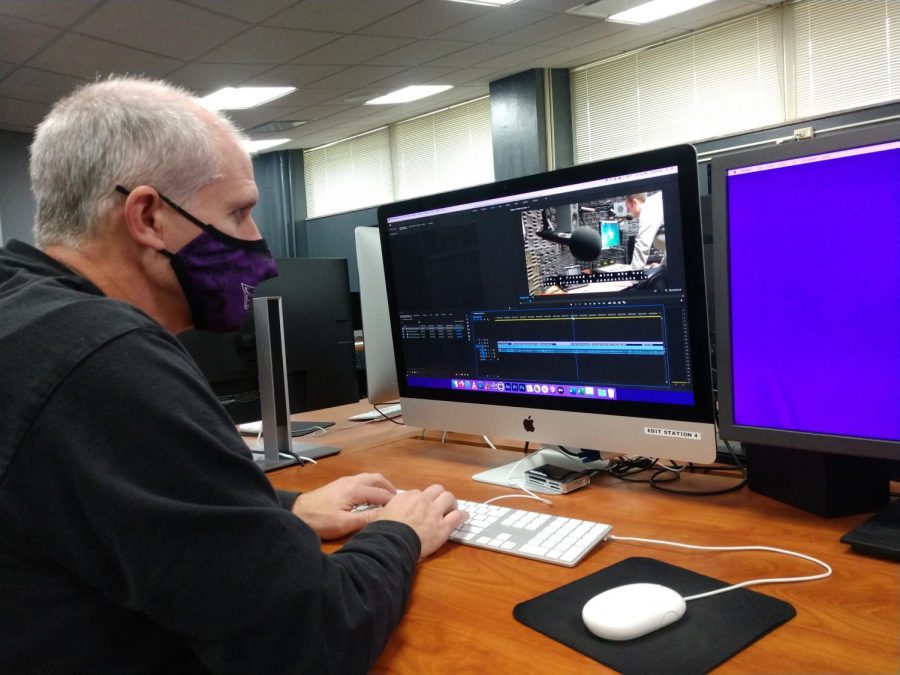
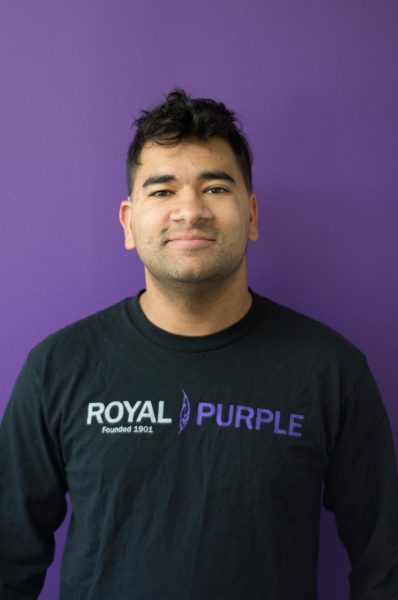










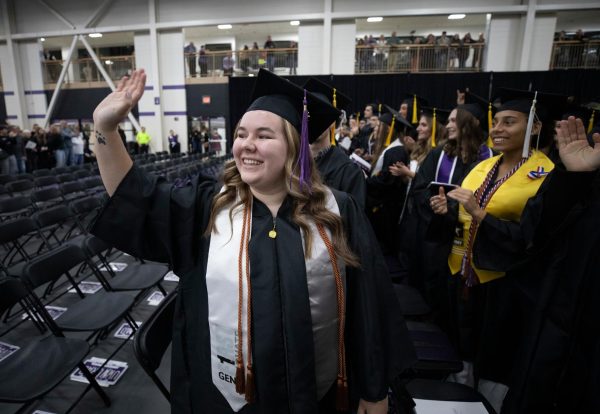
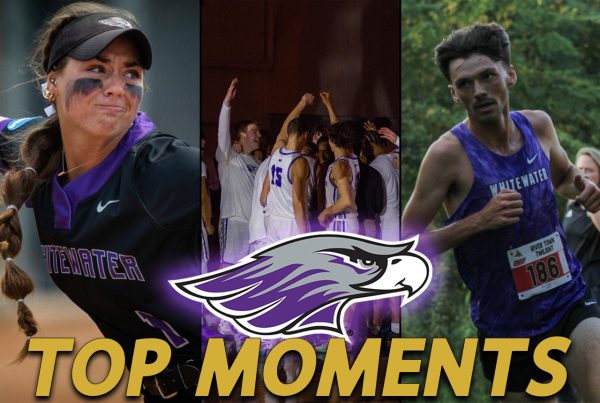
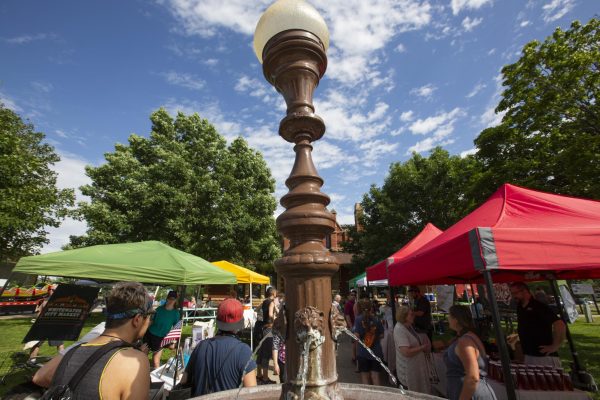
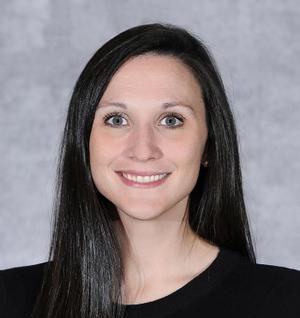
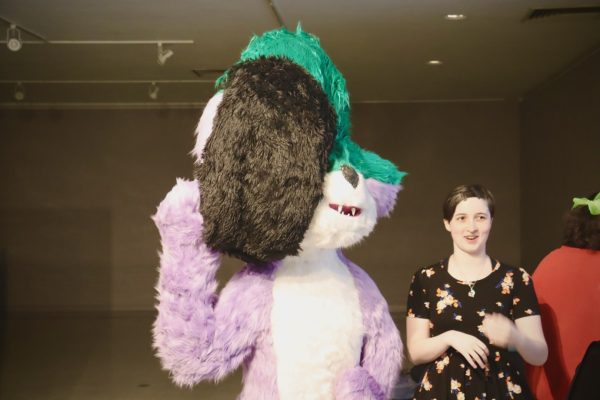
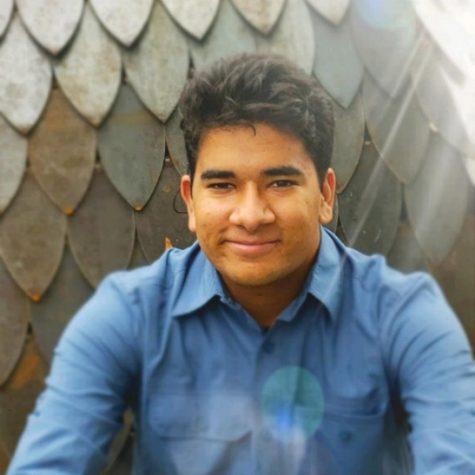
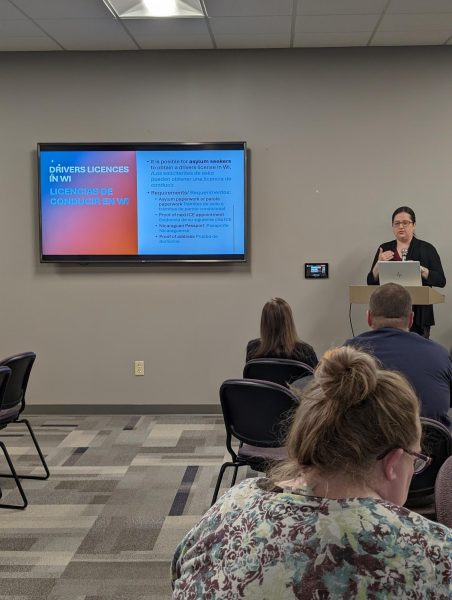
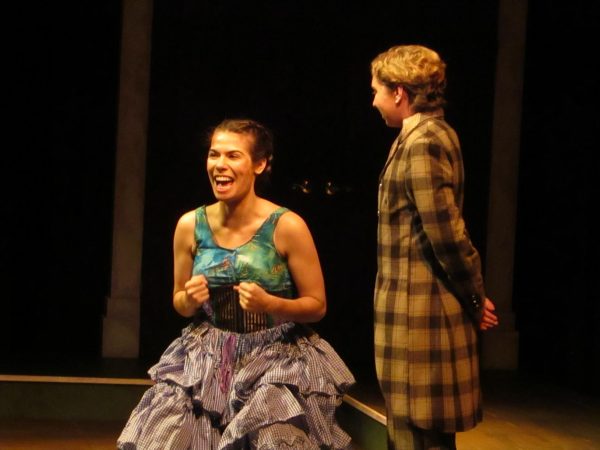
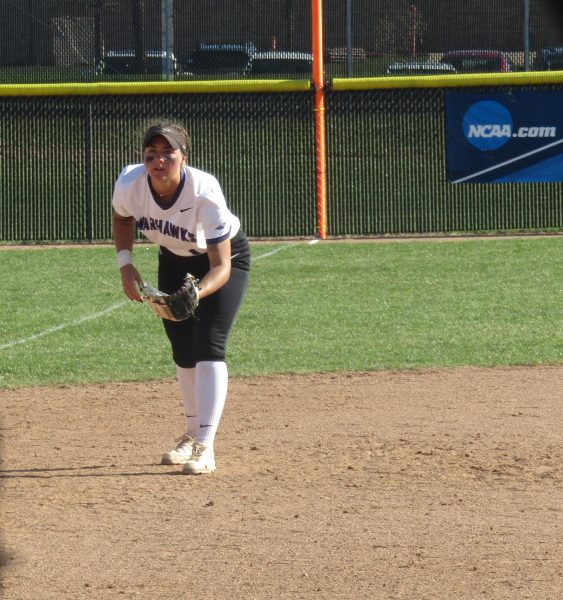


Kasey Podoll • Dec 1, 2020 at 3:41 pm
Great job with your writing buddy! Very proud to see all of your hard work. Keep it up!